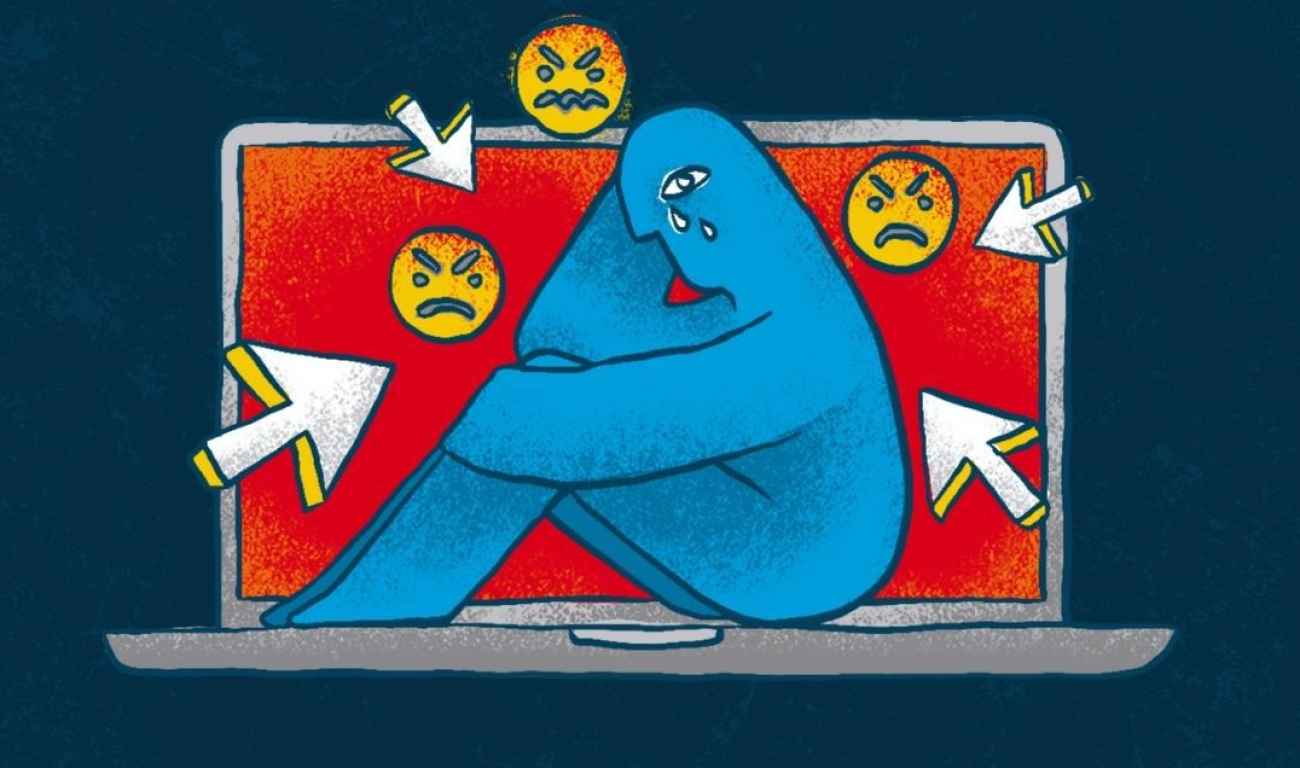Taking a stand against misinformation: UN Resident Coordinator in Papua New Guinea

The spread of false information, whether on purpose (misinformation) or not (disinformation) has become a new kind of menace in Papua New Guinea that is threatening to erode the social fabric of the country, adding up to increasing economic pressures and rising crime.
Speaking on a podcast with UN News, Richard Howard, UN Resident Coordinator in Papua New Guinea, made an urgent and emphatic plea to tap into the power of credible, timely and clear communications to tackle the far-reaching impacts of misinformation.
Here are a few snippets from his interview:
The complex web of factors driving misinformation/ disinformation
“Misinformation and disinformation challenges in Papua New Guinea are increasing, and I think there's a relationship with the fact that the challenges in the country are also getting more severe. Law and order, crime in urban areas like Port Moresby is increasing at a very rapid rate. Already in the first four months of this year, the crime rates are the same as all of last year .
In the highlands, there's a long tradition of tribal fighting but in the last decade that has increased at a very significant level. So, the intensity, the frequency, the longevity of those tribal fights is much more severe than before, and I think all of this is linked to the economic pressures and population pressures and to an increasing lack of trust of government at all levels to deliver for the people.
So, with these complex social problems, there is also clearly an increase in the amount of misinformation and disinformation.”

Trust and community are at the heart of solutions
“I think community is at the absolute heart of the solution… There is some data from a survey that the UN did which shows very clearly that the church is the trusted source of information among the population and the second most trusted source is healthcare professionals, third are friends and family and the fourth is the media.
More data shows how people make decisions and what do they make decisions based on. The first and most common area is their own personal experience. And the second, interestingly, is information from the UN. Unlike a lot of places in the world, the UN is really at the heart as a trusted source for the people and the UN should also be part of the community. So, a lot of the solutions also potentially lie with what we as the UN do to send out information to the people on various issues.”
Misinformation and gender-based violence
“What we see, as social problems increase in the Highland areas, it's often women who bear the brunt of the blame for those problems. And I'll give you an example. There was a case of three female maintenance workers in a school in the Highlands and one of the teachers in the school, had a massive heart attack and died on the spot. Many people in the community, especially young men, blame those three maintenance workers, claiming that they had put a hex, or used sorcery to kill this man. This was their simple understanding of why people die suddenly.
These women were violently tortured in front of their community and then that information spread across the country through social media. So, this is really one of the most extreme forms of violence towards women, and the media and social media, played a role in that.”
Being proactive and anticipatory
“My call to the region is that we come together on these critical issues with clear messages, and we communicate them in advance. We anticipate the problems, we act fast. We work as a system across our 17 agencies in the country to put an end to the scourge, to reduce this misinformation that we see because ultimately the future of Papua New Guinea rides on all of us coming together and countering this misinformation.”
To listen to the full interview, click here. For more information about the UN’s work in Papua New Guinea, please visit papuanewguinea.un.org













